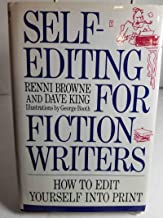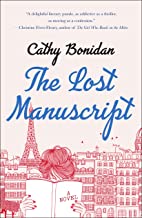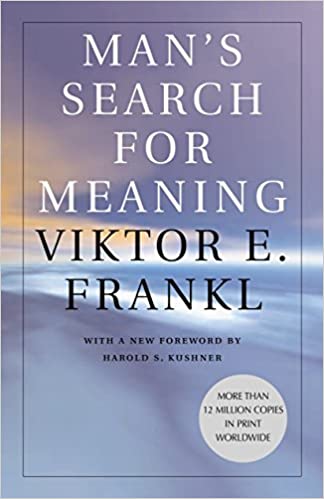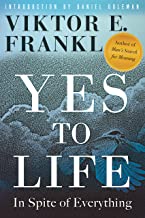Book Review: The Jewish World of Elvis Presley
TITLE: The Jewish World of Elvis Presley
AUTHOR: Roselle Kline Chartock
ISBN: 979-8-6866-0444-5
PUBLISHER: McKinstry Place Publishers, November 24, 2020
Elvis Presley and Jews. Whatever is the connection? Lots, according to author Roselle Kline Chartock in her book The Jewish World of Elvis Presley. OK, you may say, there were many Jews in Hollywood and in the rock and roll world. That’s true, but his connection actually began long before that. Elvis developed close relationships with Jewish people while he was growing up in Memphis, Tennessee, the Deep South where Jews were not always welcome in the 1950s.
Consider these little-known facts in Chartock’s book:
- At one time, a Rabbi Fruchter and his family lived upstairs from the Presley family for over a year. Elvis was in high school then. Jeannette Fruchter, the rabbi’s wife, described the Presley’s as “very poor but very refined” (p.16). She and Elvis’ mother were as close as sisters. When the Presley’s couldn’t pay their utility bills, Jeanette would loan Gladys money and she always paid it back. Once a month the Fruchter’s had the Presley’s over for their Friday night Sabbath meal. Elvis particularly loved the challah, the matzoh ball soup, and the tzimmes. During those meals, Elvis would wear a yarmulke. He also was the family’s Sabbath helper, turning on lights or making phone calls for them as needed. It was customary to tip the Sabbath helper, but Elvis would never accept a tip, telling them “It was his pleasure” (p.18).
- Bernard Lansky, whose family were Jewish immigrants from Eastern Europe, owned the Lansky Brothers clothing store in Memphis. They dressed many of the local Black entertainers. The story goes that Elvis, who worked as an usher at the Loew’s State Theater nearby, would stand in front of the Lansky Brothers store and stare at the clothes in the window. One day Bernard invited the teenage Elvis into the store and asked if he would like to try on one of the outfits. “No, sir. I ain’t got nothin’. But when I do, when I save up some money, I’m gonna come in here and buy you out.” Legend has it that Bernard answered him, “Hey, do me a favor, don’t buy me out. Just buy from me” (p. 60). And Elvis did for the rest of his life. When he became famous, the Lansky Brothers would advertise they were the “Clothier to the King.” Whenever anyone asked Elvis where he got his clothes, he would always reply, “I bought it at Lansky’s on Beale Street” (p. 64).
- Hal Levitch owned a jewelry store on the same Beale Street where the Lansky Brothers had their clothing store. Levitch, who grew up poor in Memphis, was a big fundraiser for those in need. He even set up a fund to provide new shoes for students from poor families. He helped many of Elvis’ friends and possibly Elvis himself. When Elvis became famous, he bought jewelry from him, including the wedding ring he presented to Priscilla. Levitch also custom-made watches, one with a Christian cross and a Star of David on the face. It was a symbol of brotherhood and Elvis gifted this watch to his friends. They were lifelong friends, and at one point, Levitch wanted to stage an intervention with others to get Elvis to enter treatment at the Mayo Clinic when they saw him getting sick. Unfortunately, they weren’t successful.
- Dr. Lester Hofman and his wife Sterling were close friends of Elvis. They visited him at Graceland when Elvis’ mother passed away. They were invited to the reception that Elvis made for his Memphis friends when he got married and to a special buffet when Lisa Marie Presley was born. He bought the Hofman’s Cadillacs and gifted Sterling a TLC (Tender Loving Care) necklace that he gave to women friends. When they once visited Presley at Graceland, Dr. Hofman admired his organ, so later that night, Elvis had it packed in a truck. The truck followed the Hofman’s home where the organ was installed in the dentist’s living room.
There were other Jewish people who were close to Elvis before his career launched into superstardom. And there were many in the music and movie businesses when he became famous. Even his entourage, known as the Memphis Mafia, consisted of many Jews. But I found those friends in the early years to be particularly touching. Everyone interviewed said he was polite, well-mannered, and never forgot a kindness. But Chartock’s book also contained a shocking revelation that may be true but is little known: Elvis Presley’s great great grandmother was Jewish. Nancy Burdine lived in Memphis in the 1800s. Her family came from Lithuania. She converted to Christianity when she married and had a daughter, Martha. When Martha grew up, she married and had a daughter, Octavia. Octavia married and had Gladys, Presley’s mother. If this lineage is confirmed, Elvis is Jewish by halachah (Jewish law).
As the reader can see, there are indeed many connections between Elvis Presley and Jews.
Who would’ve thought?
Book Review: The Jewish World of Elvis Presley Read More »




